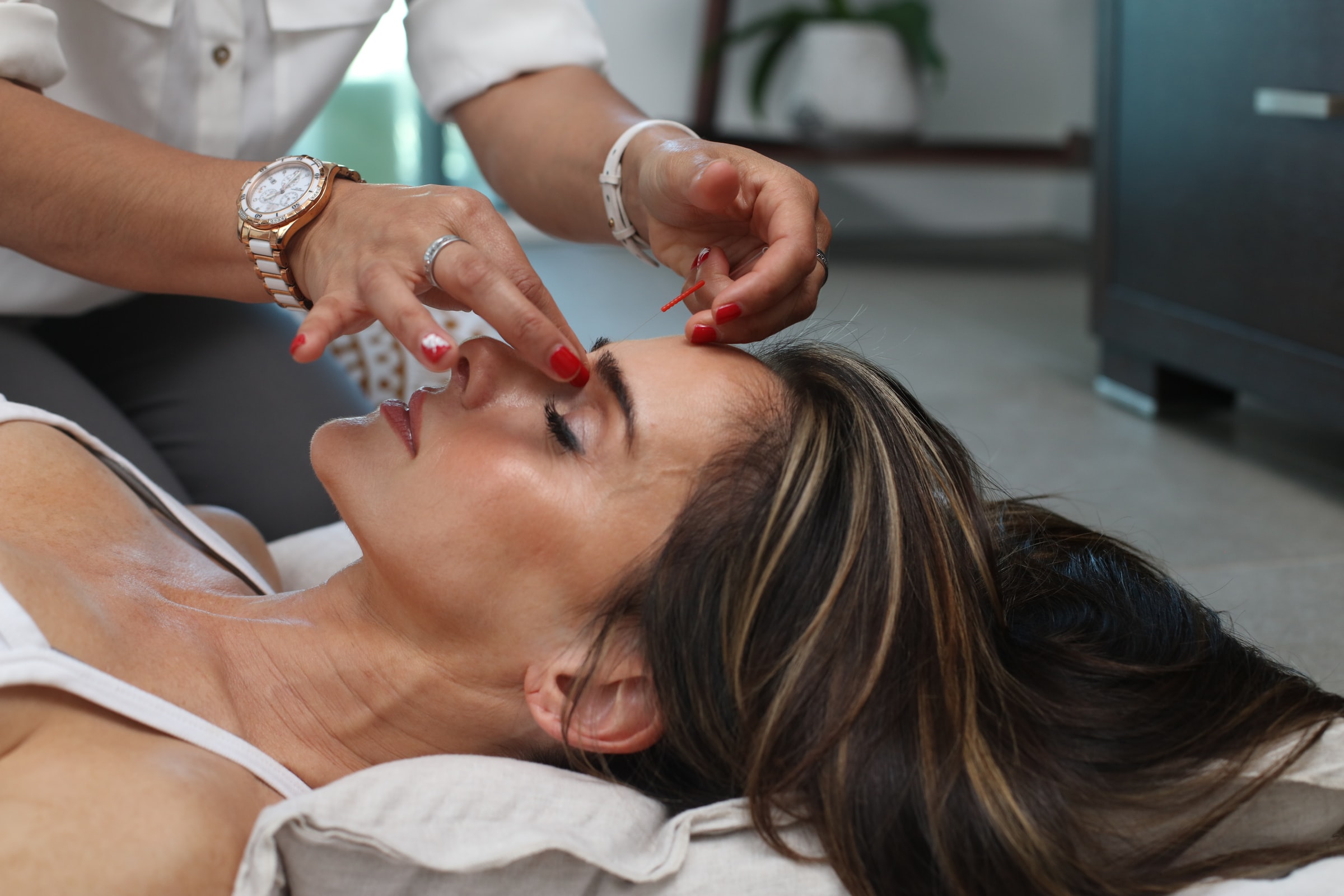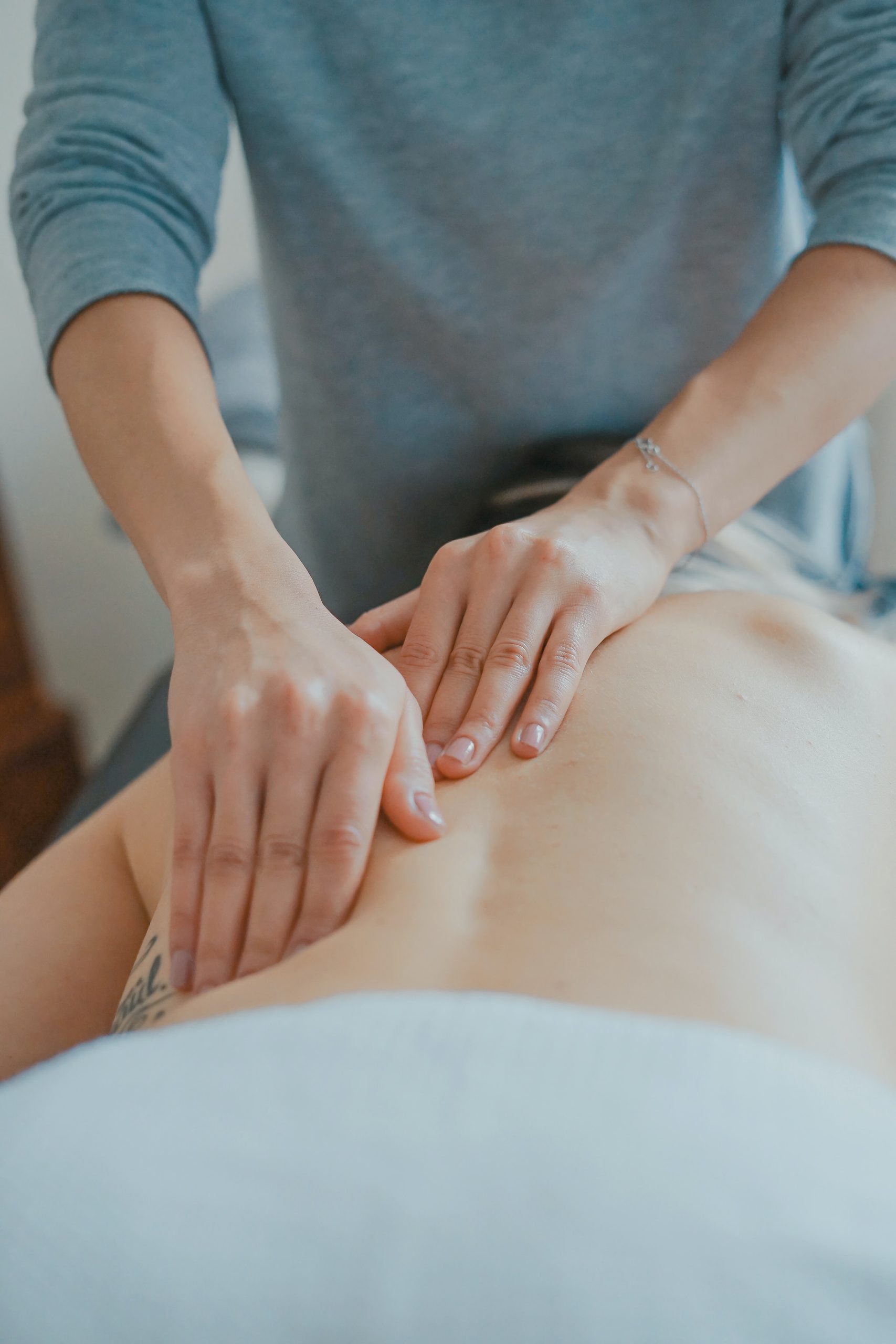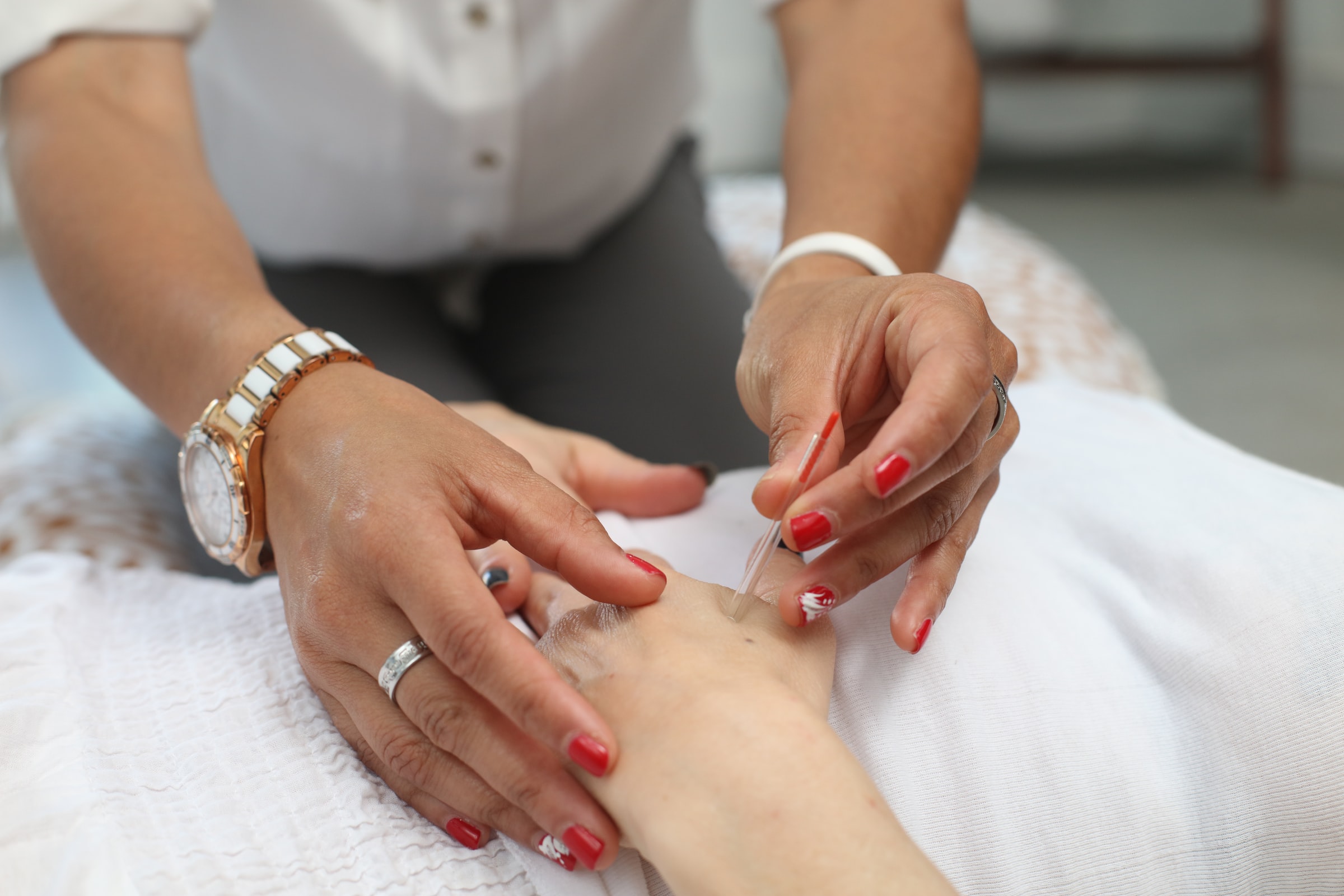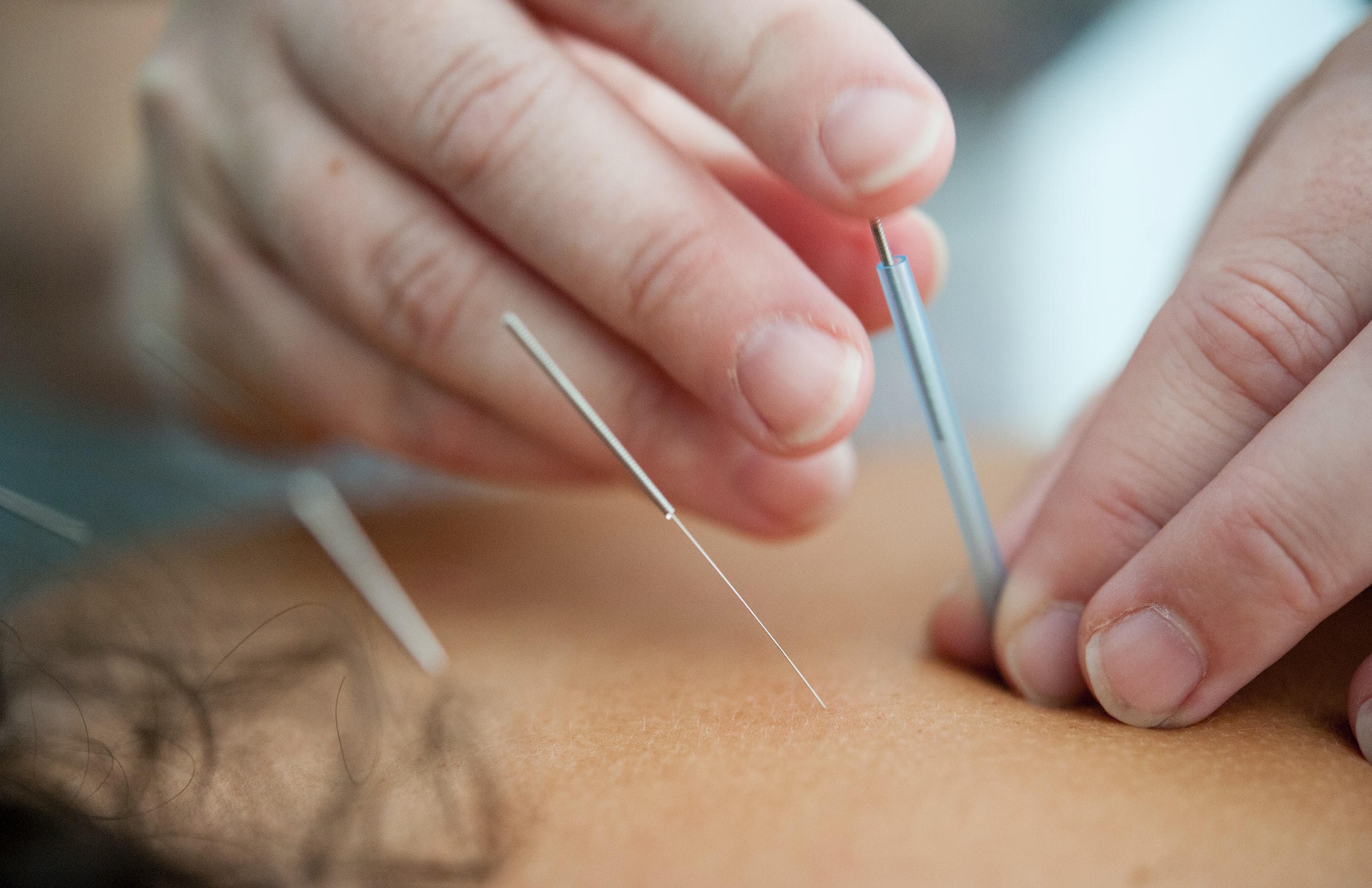Before medicine, as we know it existed, people resorted to alternative healing methods to treat their ailments, and one of these treatments was acupuncture. It has been used for over a thousand years and has strengthened people’s health and immune systems and even alleviates chronic and short-term illnesses.
Most Asian countries integrate traditional medicine into their culture and use it to treat diseases; the most popular examples are Chinese medicine and Ayurveda. Northern countries have jumped on the bandwagon and are beginning to use plants and alternative medicine to treat illness, but how much do they know about this ancient tradition? Without further ado, let’s dive into this blog to learn more about acupuncture.
1. What is acupuncture and Chinese medicine?

It is a practice of holistic medicine that is over 2500 years old and originated in China. It is an integral part of Chinese medicine and is generally used to improve a person’s overall well-being and also helps to cure certain diseases. In acupuncture, we don’t just randomly place needles all over the human body, but rather we follow our meridians and place these sterile, hair-thin needles on specific areas of the body. They are placed on specific points on our skin that help activate the energy in our body; these energies are known as “Qi” (phonetically pronounced “chee”). Qi is considered the life energy of our body. Environment, lifestyle, genetics, and other factors can play a significant role in blocking Qi, and acupuncture helps to clear these blockages.
2. What are the benefits of acupuncture?
Acupuncture does not get rid of diseases, but it does relieve the pain associated with them and makes them more manageable over time. Acupuncture can help with the following ailments, among others.
-
- Digestion: abdominal pain, indigestion, diarrhea, and constipation.
-
- Ears: tinnitus (ringing in the ears).
-
- Emotions: Anxiety, insomnia, neurosis, depression, nervousness.
-
- Eyes: cataracts and poor vision.
-
- Gynecology: infertility, premenstrual syndrome, symptoms of menopause.
-
- Miscellaneous: blood pressure regulation, stress reduction, athletic performance, chronic fatigue, addiction control, immune system strengthening.
-
- Oral and pharyngeal– toothache and gingivitis.
-
- Musculoskeletal: Muscle weakness, neck pain, muscle aches, sciatica, arthritis, muscle spasms, and neck pain.
-
- Neurological: stroke, Parkinson’s disease, headache, neurogenic bladder dysfunction, pain after surgery, migraine.
-
- Nose– allergic rhinitis
-
- Respiratory: rhinitis, tonsillitis, asthma, smoking cessation, bronchitis, sinusitis.
3. What should I expect during an acupuncture session?

Your first session will take a little longer than the others because your acupuncturist will need to get to know you and ask you about your medical history and things that are bothering you. They will do a routine examination, similar to your Western doctor, going over some things with you and examining your body to better understand what you need.
They may also examine your tongue because, in traditional Chinese medicine, the tongue gives insight into what is wrong with your body, which is a way for him to find imbalances in your body. Based on that, the acupuncturist will create the best plan of action and decide which region of your body to focus on and which Qi points on your meridian to open. They will usually treat the problem areas and may even target potential problem areas to prevent future pain.
In a typical acupuncture session, you will be asked to lie down or sit on a table, and your acupuncturist will place needles into your meridians to channel the energy in your body. On average, an acupuncture session lasts 20 to 30 minutes, but it depends on your treatment. The place where you receive your acupuncture will be a relaxing place, and there will usually be quiet, relaxing music and dim lighting.
4. How will I feel after my treatment, and will it hurt?
You should not feel any pain after your acupuncture treatment. If you do feel pain, you may have gone to the wrong acupuncturist, or your body may be getting used to the treatment. You will also feel more relaxed, and some people even feel a boost of energy after sessions. On the million dollar question: does it hurt? If you go to an experienced and licensed acupuncturist who knows what they are doing, no, it shouldn’t hurt.
Of course, you may feel tenderness in certain areas, but it shouldn’t hurt at all. If you feel pain, talk to your acupuncturist, he will adjust the needles or choose a different pressure point because the ultimate goal is to make you feel better, not to make you feel more pain.
5. Looking for an expert in Chinese and alternative medicine?

If you are considering the use of Chinese medicines, acupuncture, moxibustion, and even Tui Na for any type of health condition, make sure to consult your doctor before undergoing treatment. It is especially important to talk to your doctor if you consider using Chinese medicine while pregnant. Leaf Integrative Acupuncture is the place to go if you want to know more about the benefits of Chinese herbs. They are based in Boca Raton, Florida. So, what are you waiting for? Give them a call today for more information on their services.


